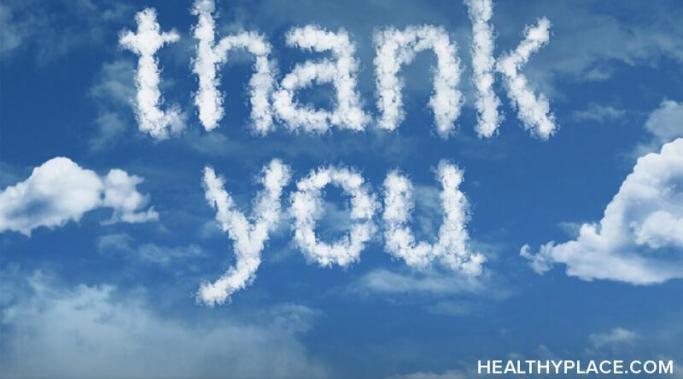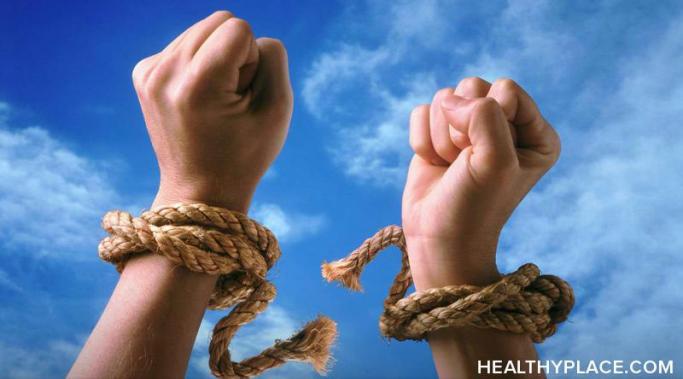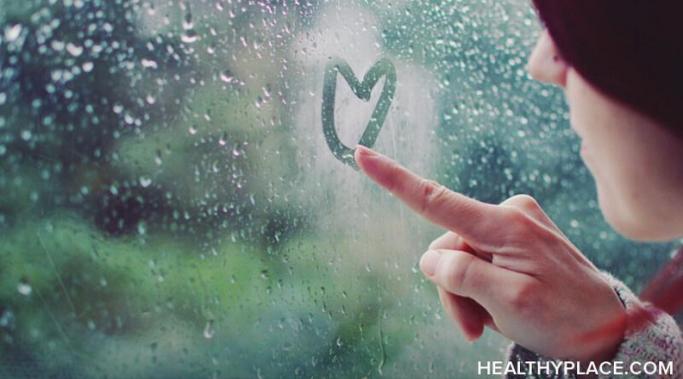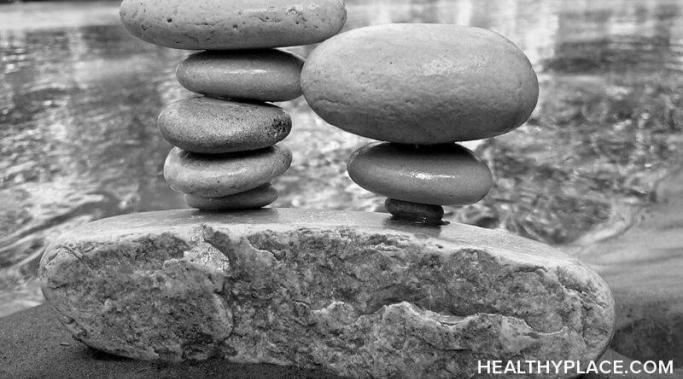Being part of my gambling recovery journey has been a wild ride, hasn't it? We've shared everything from the thrill of the win to the gut-wrenching lows. We've laughed, cried, and learned together. My work at "Recovering from Mental Illness" has been akin to a virtual support group, a digital cheerleader, and a confidant of sorts.
Recovering from Mental Illness
The last thing I thought would be part of my healing process in addiction recovery was humor. I was in a dark place, consumed by guilt, shame, and a constant sense of failure. The idea of laughing seemed absurd, almost inappropriate, given the weight of my situation. But as I dug deeper, I discovered that humor in addiction recovery wasn't just a distraction—it was a crucial tool in my path to healing.
Relapse is a scary word for any recovering gambling addict and a common hurdle in the recovery journey. My first relapse was at 11 months. I had been clean for almost one year. I had rebuilt my life, friendships, and even finances. But then stress from work hit, and that familiar itch came back. I justified it as a one-off, a harmless distraction, but before I knew it, one bet had turned into 10, then 100. I was experiencing a gambling relapse.
Gambling addiction is a battle fought largely in silence, but recovery support groups can change that. The shame and stigma associated with the addiction make it hard for most to open up about their struggles, making recovery even more difficult. One of the tools that has been truly helpful in my journey is participating in recovery support groups.
As someone who has struggled with guilt in compulsive gambling recovery, I understand the overwhelming feelings of remorse and shame that can linger long after we've decided to quit gambling. I have also learned that guilt doesn't have to define our recovery. With the right strategies and support, it's possible to heal from the wounds of the past and move forward. In this article, I'll be sharing with you how to overcome guilt in your gambling recovery journey.
I've loved sharing my life, stories, and insights with HealthyPlace, but my time here is now coming to an end. Although moving on in any aspect of life is difficult, I've found the hardest part of moving on is making the decision to let go, especially if you enjoy what you're doing.
There is an intersection between men's mental health and addiction. June is Men’s Mental Health Awareness Month. Having walked the tough road of gambling addiction recovery, I feel it would be a great injustice not to address one of the most pressing issues—gambling addiction and its profound impact on men's mental health.
Rejection sensitivity, in general, is difficult, but rejection sensitivity at work is especially hard since a certain level of professionalism is expected. I consider myself highly sensitive, so managing the fear of conflict or being disliked causes me tremendous anxiety. It wasn't until recently that I finally felt I had a sense of control over my emotions in the workplace. That doesn't mean that rejection sensitivity at work isn't difficult, however.
There are healthy alternatives to gambling, but building healthy habits as a recovering gambling addict is not easy. One day, you feel like it's all behind you, and the next, you are fighting the urge not to place that bet. This was me a couple of years back. Weeks and even months of abstinence would crumble at the allure of the casino until I realized that recovering from gambling addiction requires more than just abstaining from placing bets. Recovery also involves finding healthy alternatives to gambling, supporting your current lifestyle.
I find I can heal through nature. Not only is the great outdoors a place of wonder, but it's an excellent tool for those with mental illness. There are many tactics to harness the healing power of nature and all it has to offer, which comes in handy when anxious or depressive thoughts start to creep up.









